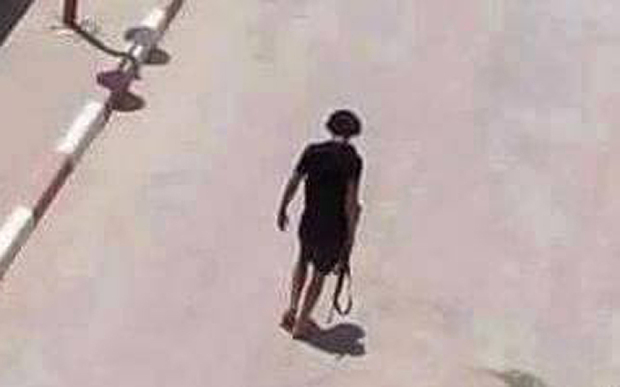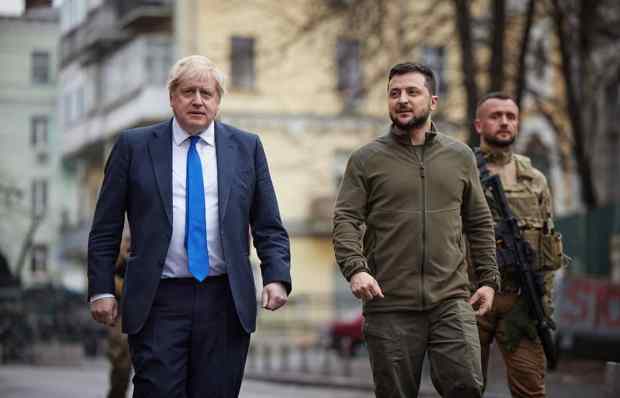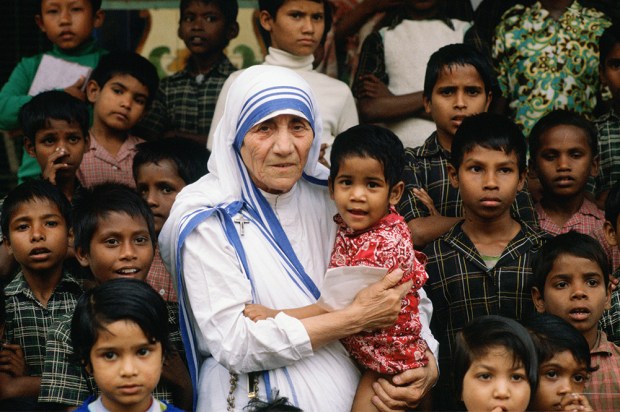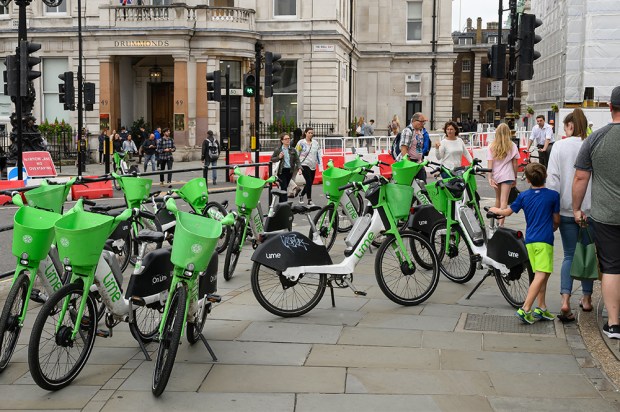One strange consequence of my job as a foreign correspondent is discovering beautiful places when terrible things happen in them. So it was that I have been spending the past couple of weeks in Tunisia, a land of azure skies, whitewashed houses and apricot light which has inspired artists such as Paul Klee.
Already a subscriber? Log in
Subscribe for just $2 a week
Try a month of The Spectator Australia absolutely free and without commitment. Not only that but – if you choose to continue – you’ll pay just $2 a week for your first year.
- Unlimited access to spectator.com.au and app
- The weekly edition on the Spectator Australia app
- Spectator podcasts and newsletters
- Full access to spectator.co.uk
Or
Unlock this article
Christina Lamb’s latest book is Farewell Kabul: From Afghanistan to a More Dangerous World.
You might disagree with half of it, but you’ll enjoy reading all of it. Try your first month for free, then just $2 a week for the remainder of your first year.














Comments
Don't miss out
Join the conversation with other Spectator Australia readers. Subscribe to leave a comment.
SUBSCRIBEAlready a subscriber? Log in